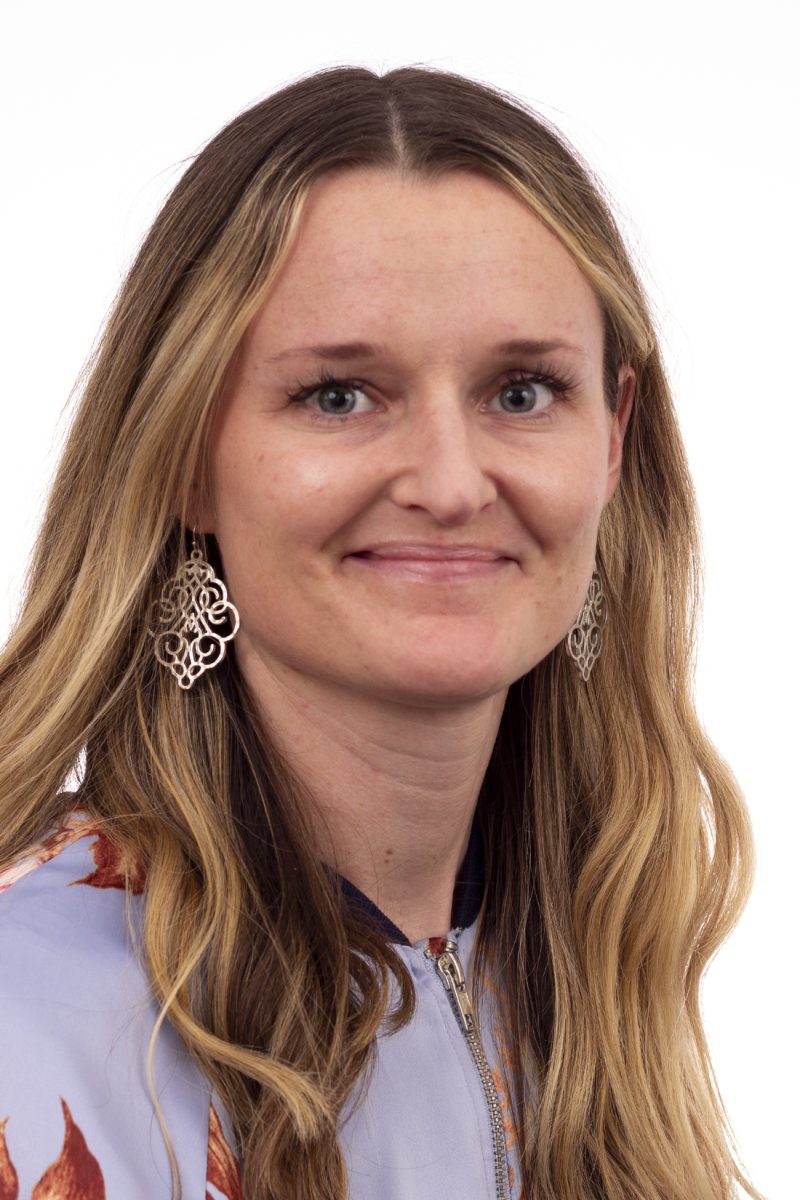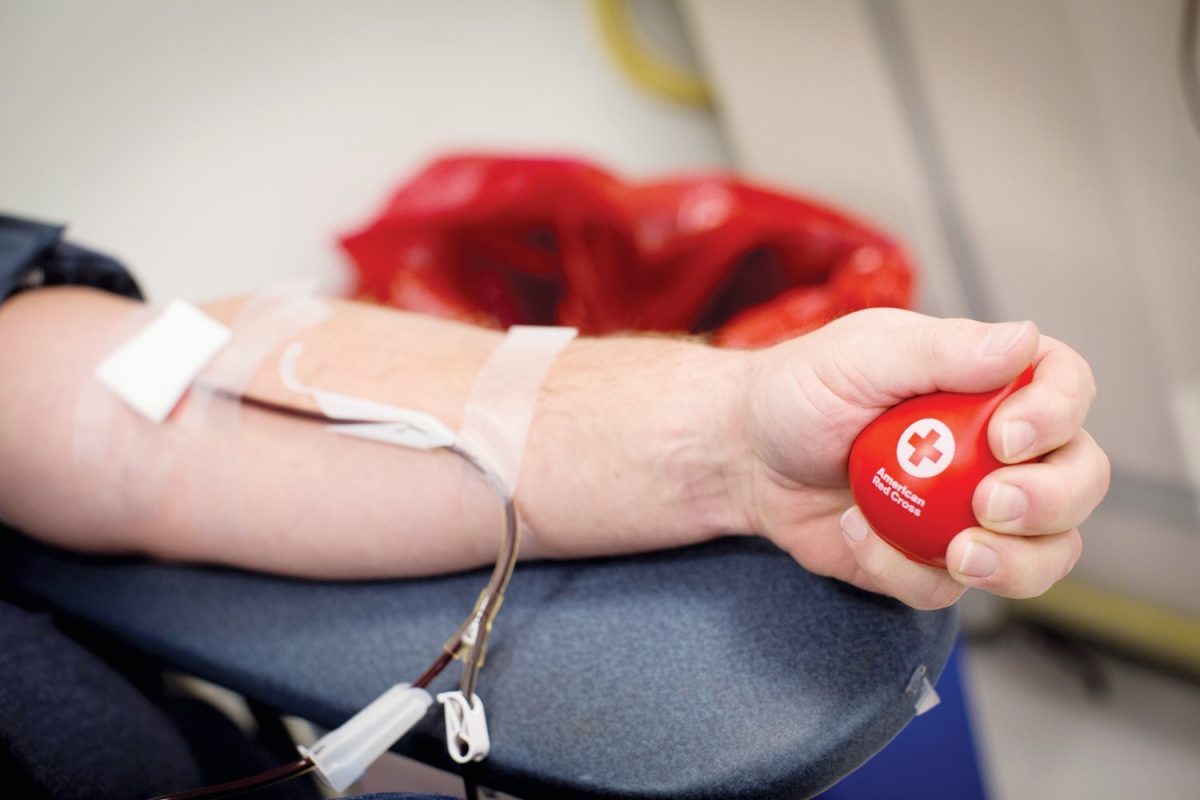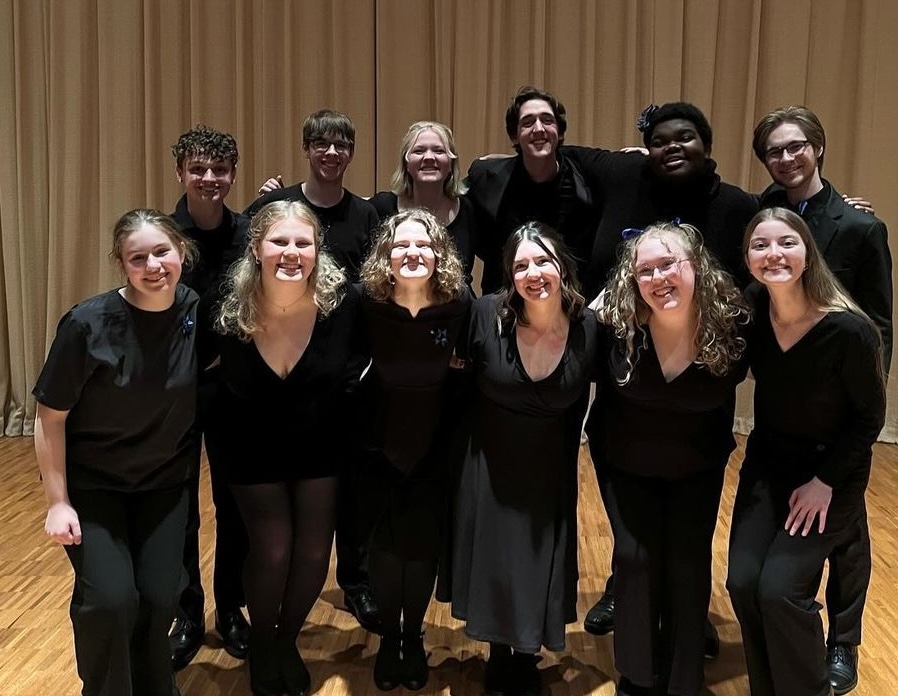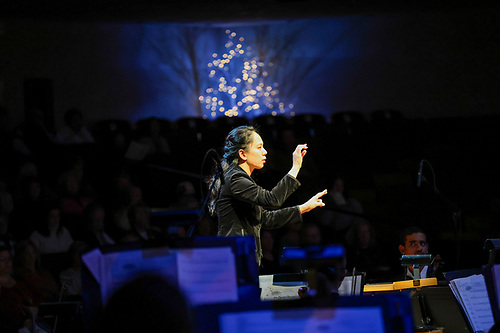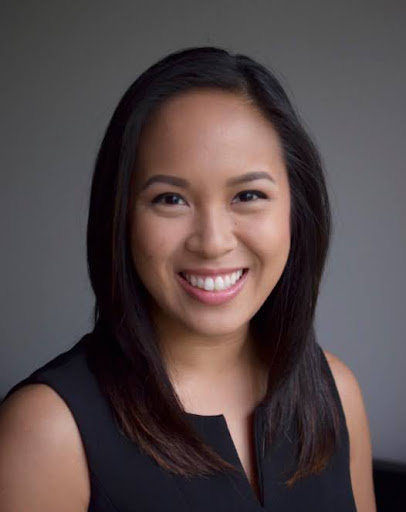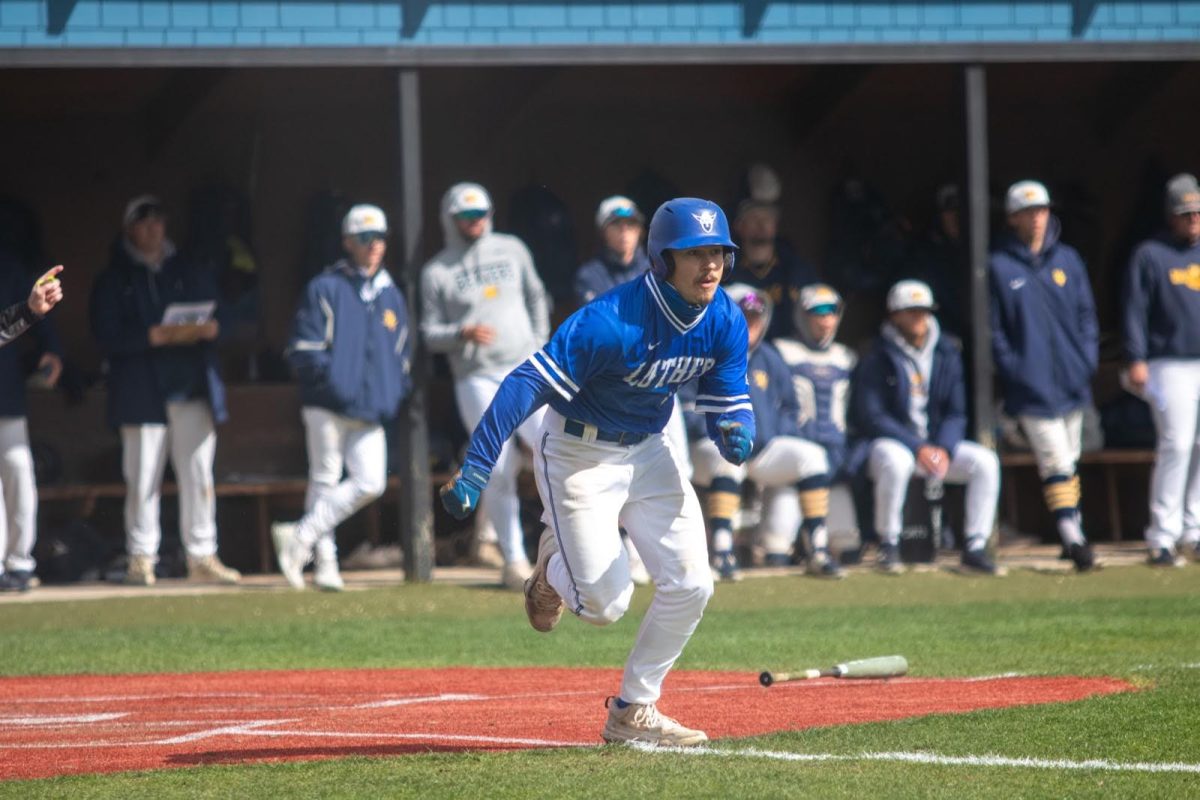All colleges that receive federal funding must have a Title IX Office, and Luther is no exception. Title IX, the civil rights law that was put in place as part of the 1972 Education Amendments, prohibits and protects students, faculty, prospective employees and others from discrimination based on sex in education programs and activities in federally funded schools at all levels.
For many, interactions with the Title IX Office follow traumatic events, but Title IX Coordinator Kasey Nikkel — Luther’s first full-time Title IX Coordinator — and the rest of Luther’s Title IX team is a resource for all in the Luther community. In the spirit of educating the community on what the office does, Nikkel agreed to an interview to discuss Title IX resources and her favorite things about Luther and Decorah.
Responses have been edited for clarity and length.
Q: Could you offer an overview of what the Title IX office does?
Kasey Nikkel: My role is to coordinate Luther’s response efforts to comply with federal obligations under Title IX and the Violence Against Women Act. These responsibilities include providing complainants and respondents with supportive measures such as access to counseling, pastoral care, advocacy, medical attention, safety considerations such as No Contact Directives as well as providing support for academic success such as an extension on assignments, changing a course section, or access to tutoring. What that really means is meeting with individuals impacted by sexual misconduct or relationship violence to see what would be most helpful now, do they feel safe, and what we can do to support their healing. This support is available for anniversaries of trauma and for instances prior to Luther or incidents that didn’t happen at Luther.
I also oversee our formal grievance process at Luther, and facilitate shuttle negotiations and restorative justice as resolution options when selected. I also work with gender discrimination reports and offer support for pregnant [and] parenting students. When I am not doing that, I work with policy revisions and various Title IX and Bystander Intervention Trainings.
Q: Why is the Title IX office an important resource for the campus community?
A: The Title IX team is here to help when students experience unwanted sexual behavior. Students don’t have to navigate difficult circumstances on their own and we have professional staff and resources available to aid in their well-being, safety, and ability to thrive at Luther. I think one that is generally misunderstood about Title IX, or connecting with Title IX, means that you have to have an investigation or criminal process, that is NOT true. Many of our students meet with Title IX to learn about all the case options and resources Luther can provide, then individuals reserve the right to start, stop, or pause a process. Complainants have the control. While they decide what is best for them, support will continue to be offered. The Title IX Team strives to be consistent, private, and discreet for all individuals that we work with on campus.
Q: How do students utilize the Title IX office?
A: Most students utilize Title IX to access supportive measures. These often look like housing considerations, well-being referrals to case management, Luther College Counseling Service, Riverview Center (Sexual Assault Advocacy) or [Helping Services For Youth & Families] (Stalking/Partner Violence Advocacy) as well as safety considerations (No Contact Directives, No Trespass Orders or Escorts) or academic support such as an extension on a paper or test (partnered with [Center for Academic Enrichment]). Again, these can be accessed upon report without process and can be applicable during times of anniversary. These are available to both parties during times of a formal process on or off campus. Students are encouraged to bring a support person with them to the meeting. In the past, students have brought parents, peers, Luther faculty or staff, or even attorneys. While in-person meetings are preferred, we are able to connect by phone or Zoom based on comfort level.
Q: What was your journey prior to coming to Luther and what inspired you to work in Title IX?
A: My first job was coaching DII volleyball at Augustana University for about five years before I worked in Admissions as a Regional Director at the University of South Dakota. Then my husband, Bryan, took the Luther College Head Baseball job and we relocated to Decorah. I was able to get hired in Student Activities and worked with our campus clubs, organizations, greek life, and a certificate program called Launching Luther Leaders before I was promoted to the Assistant Dean of Student Life. In that role, I chaired the Luther College Hearing Board, coordinated new student orientation, worked with case management, and was the chief conduct officer.
In 2019, Luther decided to hire its first full-time Title IX Coordinator. I was someone who was very interested in the policy and procedures that surround Title IX (especially with my history of hearing board cases) and I entered that role right as 2020 regulations launched nationally. Because I was newer to this field, I really had to be a student of the law while learning about services that are more meaningful to harmed parties that we can incorporate on campus including earning my Iowa Victim Advocate certification through the State of Iowa.
I work in Title IX because I think student affairs professionals have a calling to help students during difficult seasons that is a blend of upholding college community standards while demonstrating exceptional care. While the cases are always different, unique, and challenging, I have always appreciated witnessing the strength and resilience our students demonstrate despite the circumstances that surround them.
Title IX has an opportunity to make a real difference and have a positive impact on people’s lives, and I hope we are able to contribute to healing in some way. Our Title IX team is working to foster an environment where all people are treated with respect and dignity. This work can be seen in prevention and education efforts like Green Dot/Red Folder or passive campaigns, in trauma-informed response, in working to create active bystanders within our campus community, and in hearing from students on what matters to them with the creation of the Title IX Student Advisory Board and restorative justice pathway. We hope to continue to reduce barriers and myths about Title IX for students in order for Norse to access care and support as we continually work to improve processes, procedures and resources for our students when they need them most.
Q: What is your favorite part of the Luther community?
A: To quote our mission, “to serve with distinction for the common good” embodies the Luther spirit and what I love most about this place. This is evident in the volunteerism, empathy, and hospitality values that are demonstrated in small daily acts that really make this place feel like home.
Q: What’s your favorite thing to do in Decorah?
A: I am always in awe of the natural beauty that is and surrounds Decorah. I think Decorah is so charming with its heritage, its museums, its art, and its really good food. I am a regular at Lesly’s Taco Truck. But again, I think the people and the way they care for their neighbor make it so special to call this place home!
Q: Do you have any hobbies outside of work?
A: Most days, I am chauffeuring my kids around to their various activities. When I am not doing that, you can find me attending events on campus watching our talented Norse create, perform, or compete. I do serve pretty regularly at our church and I am a newly appointed Director of Nordic Dancing! (wish us luck!)

